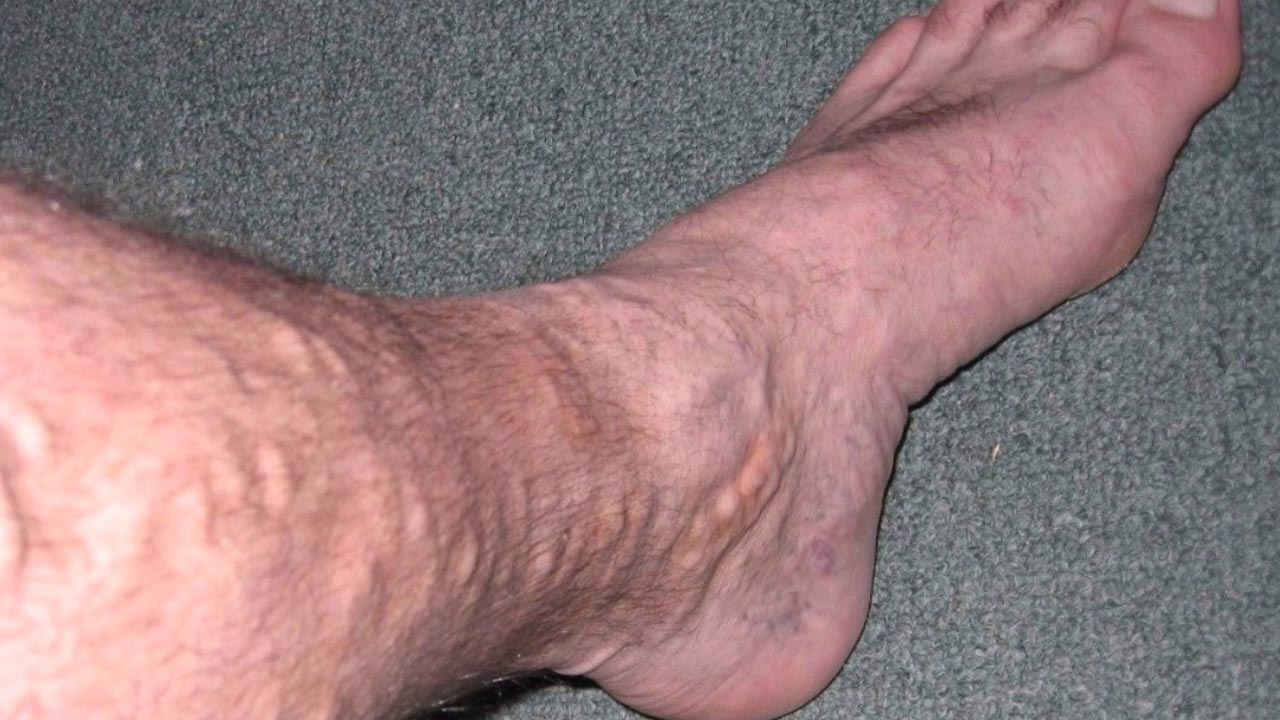People having varicose veins are very familiar with the uncomfortable symptoms that come with it, i.e., pain, cramps, heaviness, itching, and bulging. But people don’t realize that these can lead to even worse conditions related to the vascular system. Hence, it is important to know that varicose veins can lead to cancer.
When discussing the relationship between varicose veins and cancer, it is important to highlight that people suffering from varicose veins have a higher risk of a serious medical condition named deep vein thrombosis. Unfortunately, though, DVT can be treated by cancer treatments. Even though cancer and varicose veins are not directly related to each other, undergoing treatments can even worsen vein health.
Varicose Veins
Varicose veins occur when the blood accumulates in a vein whose valves have been damaged, and the blood stays still instead of flowing back to the heart. Factors that lead to varicose veins include;
- Inheritance and family history
- Being overweight or suffering from obesity
- Long hours of sitting or standing
- Extensive exercises
- Eating habits
- Smoking
How is cancer-related to varicose veins?
Cancer and its corresponding treatment harm the veins and lead to blood clotting. The reasons are as under:
- These cells invade the clotting mechanism of one’s blood. These change the balance between the number of platelets and proteins in an individual’s body so that the blood produces clots.
- Chemotherapy drugs damage the veins and decrease the blood clotting proteins in the body.
- The patients stay in bed and are immobile for a long period, and their daily activity decreases. It slows down the blood flow, leading to varicose veins.
Connection of Varicose Veins and Cancer
Studies show that the patients are found to be more prone to the development of DVT, especially the ones already suffering from varicose veins. The history of problems related to superficial veins and cancer has increased 2-fold. Varicose veins are believed to be a statistically significant risk factor for various problems in cancer patients.
Long story short, cancer and its treatment can harm the veins already compromised because of the varicose veins. So if you find out that you have cancer, talk to your specialist about the medications that may or may not impact your veins. Blood thinners maintain blood flow and avoid clotting. Staying active, elevating your legs every time possible, and wearing compression stockings will help to reduce the chances of blood clots developing.




